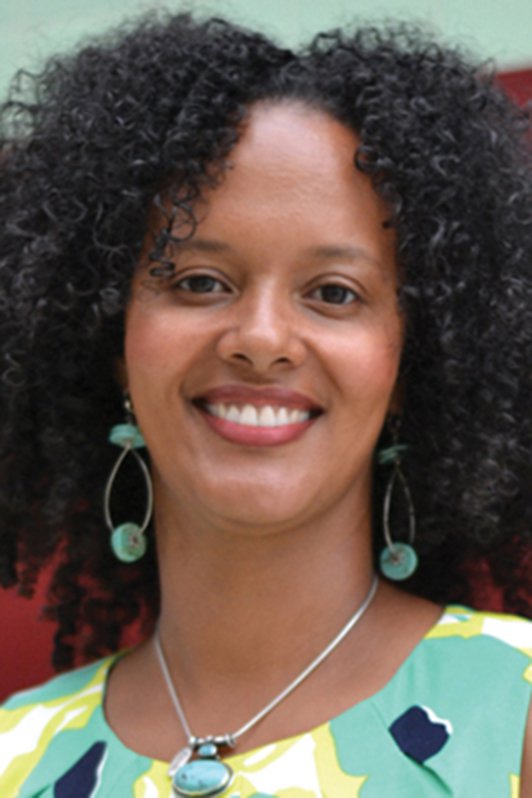Cultivating the trainable skills of emotional intelligence: Our time is now
Guest Column by Tovi Scruggs-Hussein
April 13, 2020

When the world changed dramatically, as it has in the last several weeks, it forced our leadership to change. Yet, not all of us are keeping up with the change. Not because we don’t want to, but because we don’t know how to. As leaders, many of us are in the midst of supporting others during this challenging time. And if we are really good leaders, then we are reflecting and noticing where our own learning-edge is, where we could probably grow ourselves to be better and to lead better. We are noticing this in ourselves and in the leaders on our teams. What we are going through now is also an opportunity to be growing through now.
We see that our leadership needs to make the shift. ACSA knows we have to get the emotional intelligence aspects of our leadership on par with where our work is heading. We are supporting ourselves, our teams of leaders, and our teams of teachers. Plus, we are supporting those we are called to serve most: students and families. This calls for a great amount of emotional capacity, emotional skillfulness, and emotional agility — all of which make up emotional intelligence.
We are now in the world of physical distancing but social connection. Our school family needs the feeling of being connected and belonging to a group. As we come out of these challenging times, our staff, our families and our students will need to feel safe, cared for and valued. We are not wired to not be socially connected. Our communities, our schools, and our leadership needs emotional intelligence now more than ever because we need to be able to draw on the qualities of connection, compassion, empathy, and lead from this place authentically. The good news: all of this can be taught. It is learned. I’ve learned it, we can all learn it.
We must cultivate our consciousness and skills of emotionally intelligent, mindful leadership. We must prepare to be more connected when we face the next school year. We can engage and up-level our teams and districts with skills for managing psychological well-being, with “here and now” solutions for our professional lives as well as personal lives. Being a mindful leader has allowed me to draw on my courage, search my heart for empathy and compassion, and pose the question each day: “what will best be of service?” And that is where I take inspired action. It has not failed me yet. Mindful Leadership provides us with the skills to be more purposeful in decision making, cultivate more compassion and empathy for those we serve (especially where our equity-lens is concerned), and be the calming and balanced leadership presence that provides assurance that we will be better, our schools will be better, and our leadership will be better once we return to our new normal and launch a new school year. Minouche Shafik, Director at the London School of Economics, has summed it up best, “In the past jobs were about muscles, now they’re about brains, but in future they’ll be about the heart.” That future is now.
Tovi Scruggs-Hussein is an author and award-winning educator with more than 25 years of leadership, meditation, and school-transformation experience. She is on a mission to heal our schools through Adult SEL, Emotional Intelligence via Mindfulness, Equity/Racial Healing, Family Engagement, and Trauma-Informed Resilience. Her work is highlighted in ACSA’s Wellness Toolkit as a reputable partner in professional learning.


